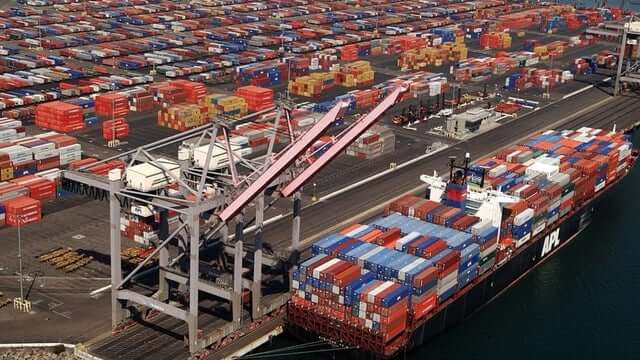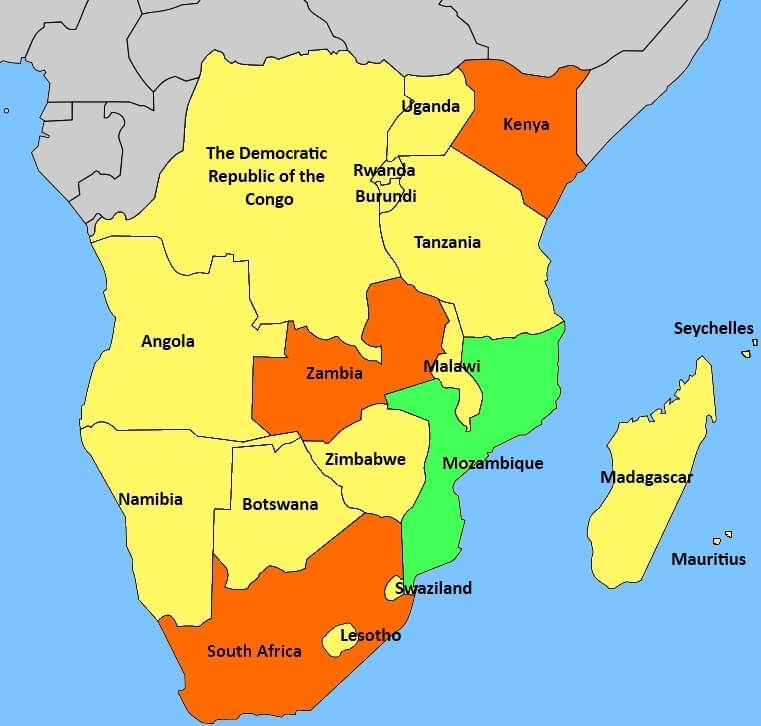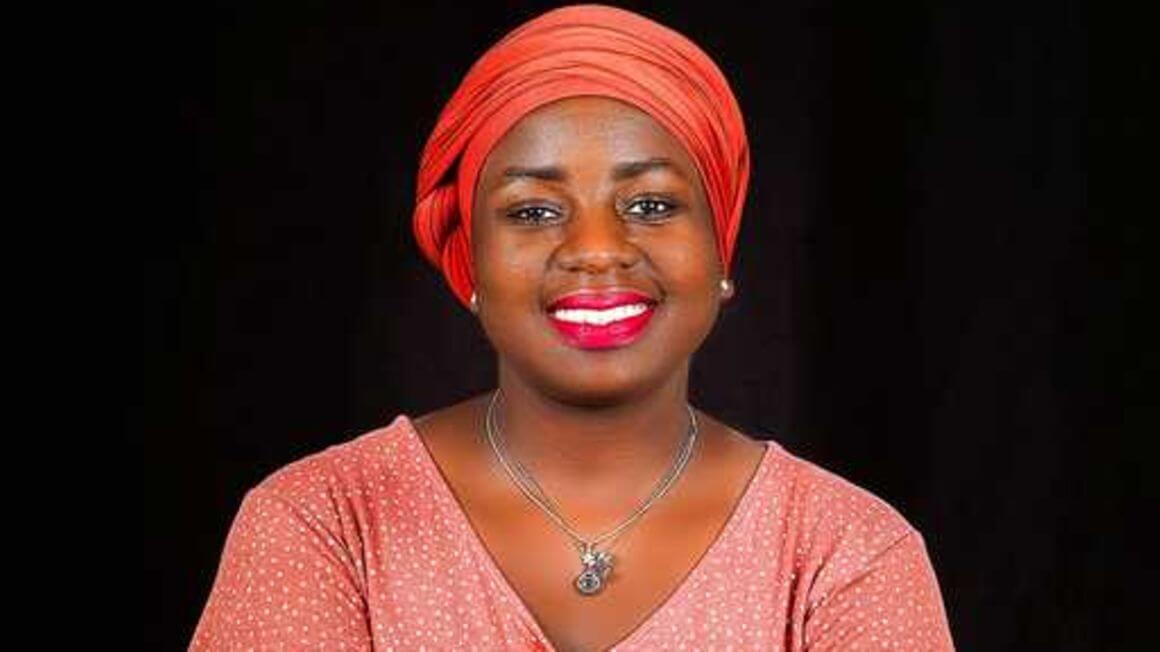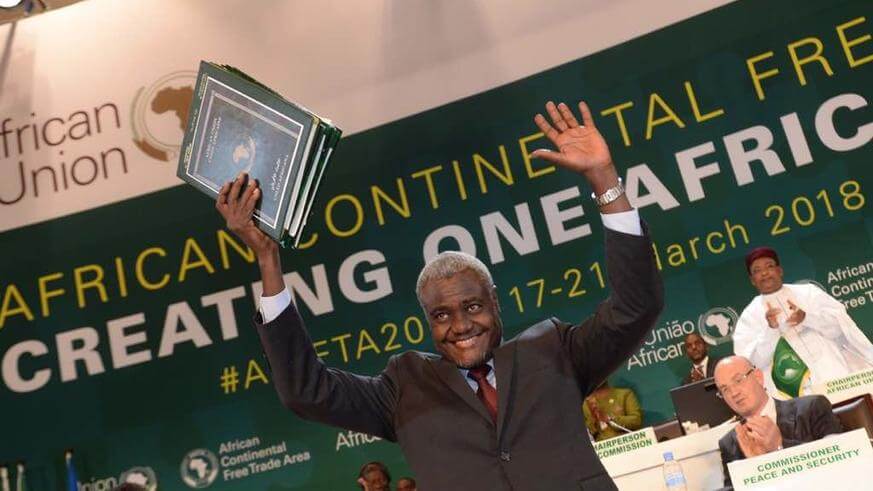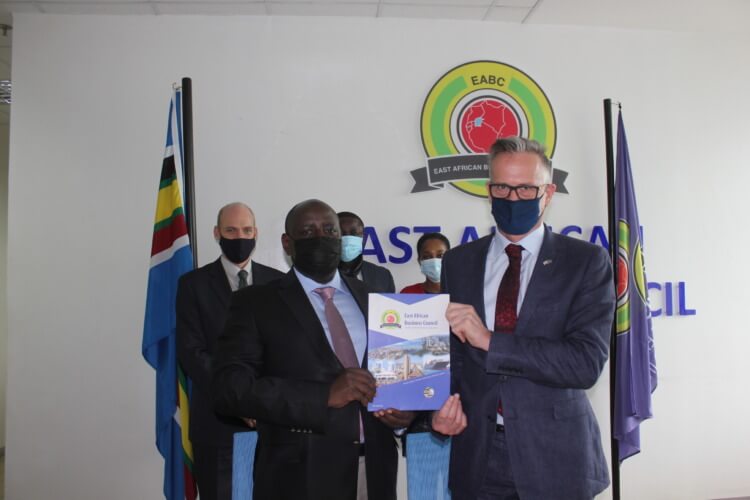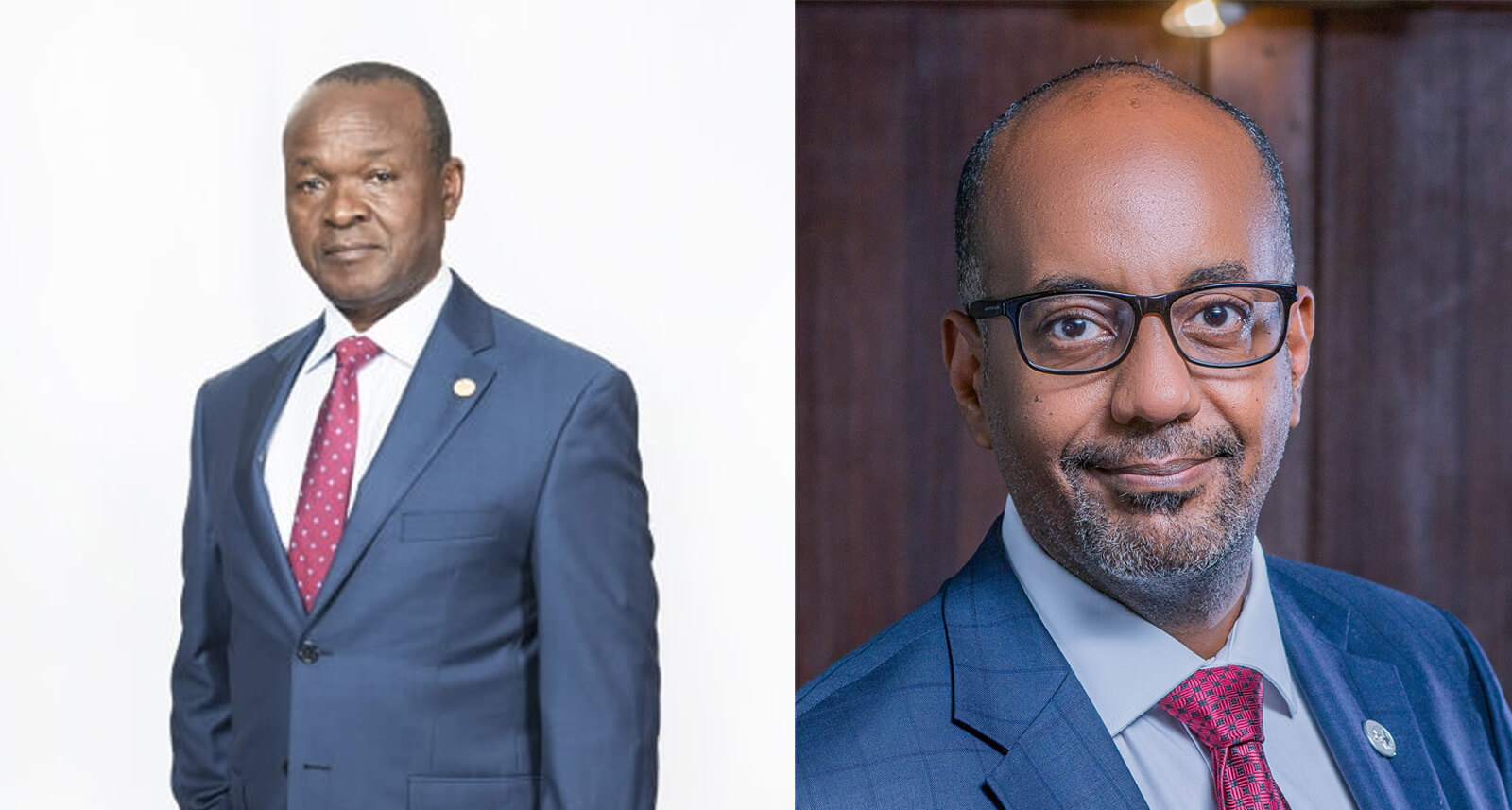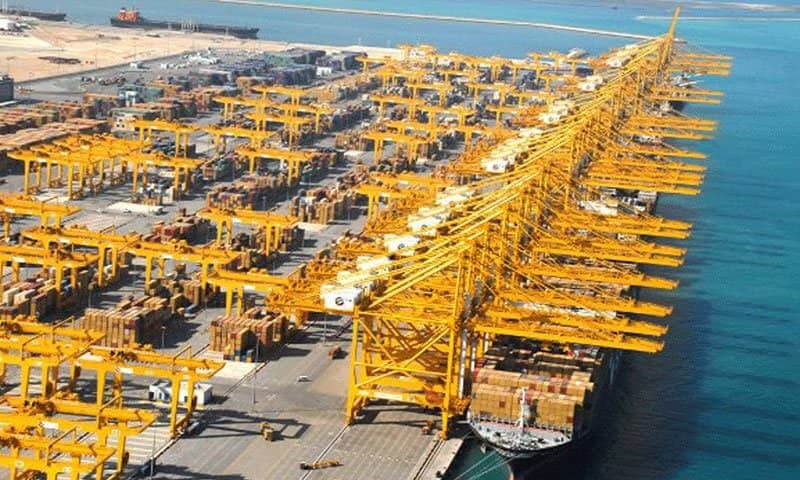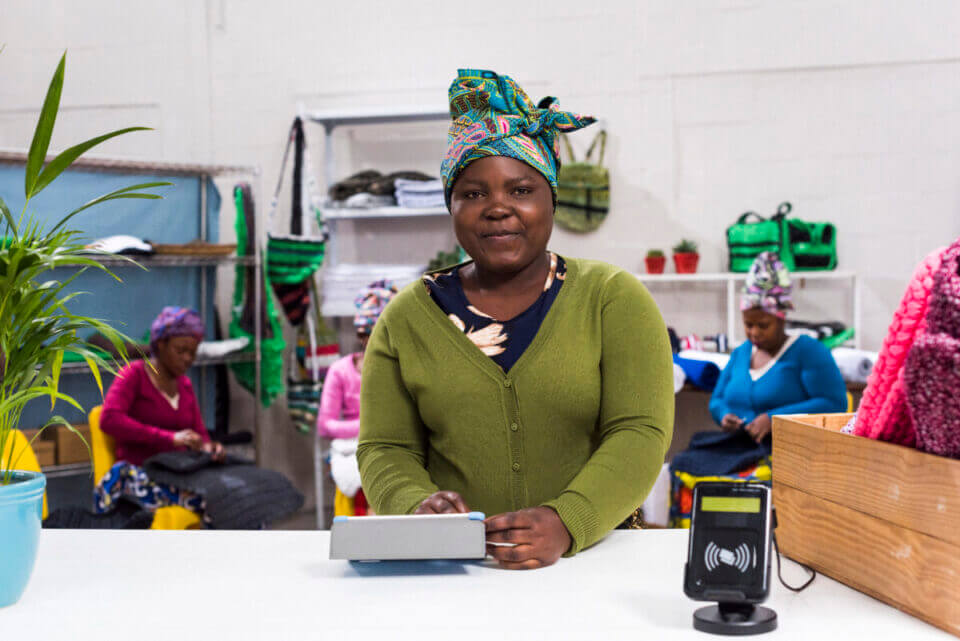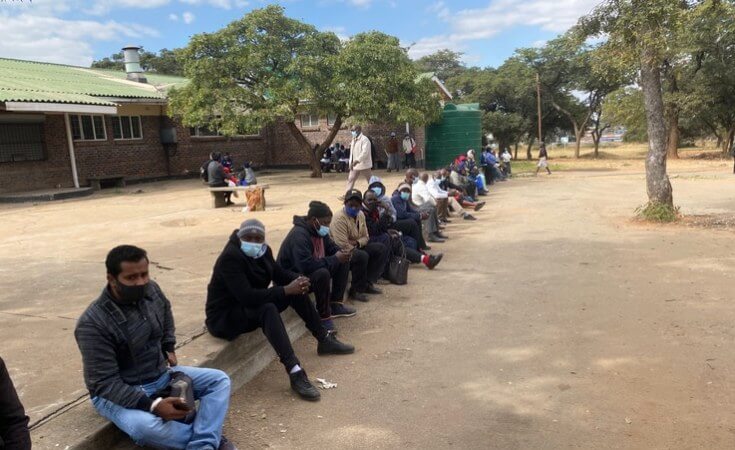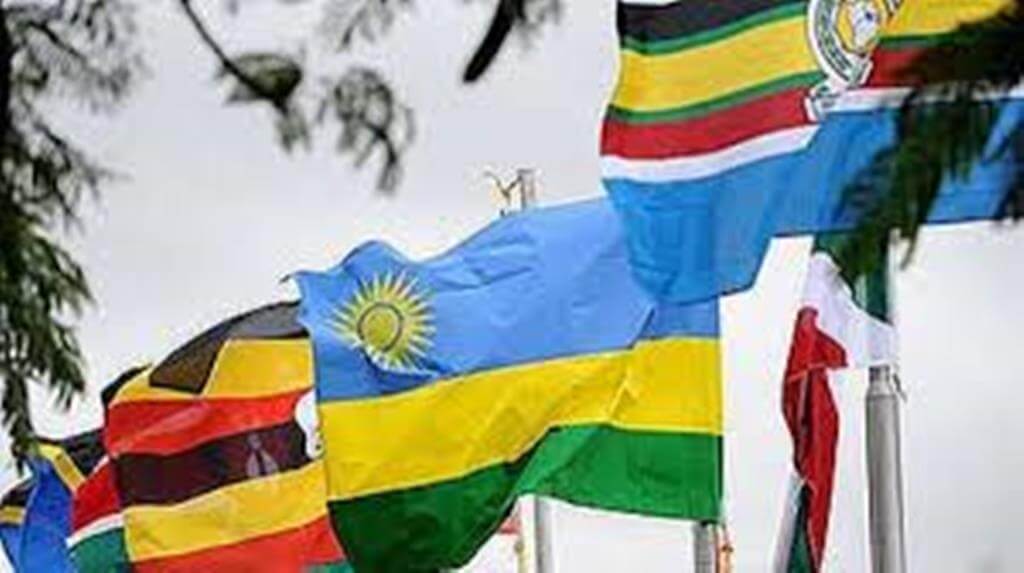The United States has, since its founding, been a beacon for free and fair trade throughout the entire world. From rejecting taxes and restrictions on trade during our colonial period under the rule of the British Crown to the power of the U.S. Navy upholding international trading routes post-World War II, our trade practices have established the long and robust groundwork so that Americans have access to goods and markets in all corners of the earth. Yet this pioneering spirit of economic liberalization has not extended fully to our engagement with Africa, a continent with which our nation has a deep and historical connection. The first country to recognize the United States as an independent nation from Britain was the North African country of Morocco –– and while thousands of miles may separate our two continents, many Americans can trace their faith and heritage back to the majestic grounds of Northern and Eastern Africa. Our two histories also acknowledge the troubling and inhumane practice of slavery. The Great Sin of slavery spread throughout the world and left behind the indelible roots of African culture, traditions, innovation, and history that have inspired and shaped the world and our country. Despite our oft-communal history with the African continent, policymakers in Washington hardly understand its peoples, cultures, and governments. Not surprisingly, this may be why we have yet to fully appreciate the growing economic and political powerhouse Africa has become. Let me throw out just a few noteworthy pieces of information: Africa represents...
For America’s future, look to Africa
Posted on: July 8, 2021
Posted on: July 8, 2021

